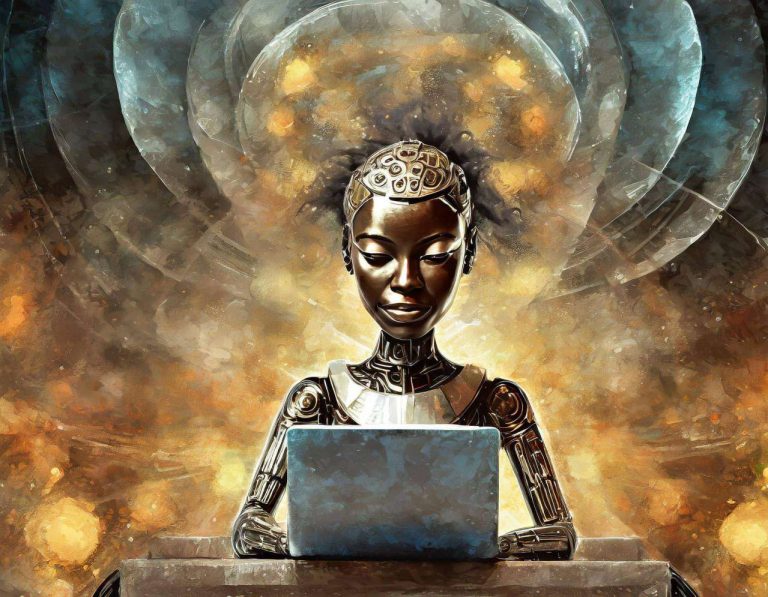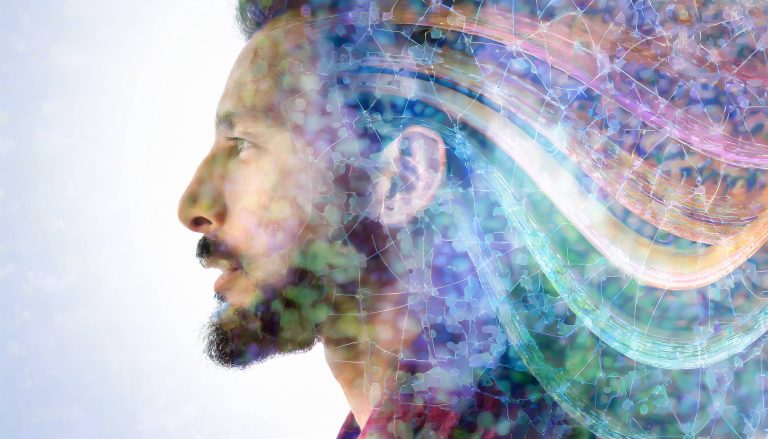AI Coaching Platform: Keep Humans In The Loop
AI coaching apps and personal assistants offer many benefits. But these AI tools also have limitations, notably in emotional intelligence, coaching scope, and fostering genuine human connection. This means they work best when humans are in the loop.
Understanding complex human emotions poses a challenge, hindering effectiveness when empathy and personalized support are needed. Predefined algorithms limit coaching topics and approaches, hampering holistic guidance.

While AI offers quick access to information, it may struggle to establish deep understanding and connection. Balancing technological convenience with authentic human interaction is a crucial challenge as AI coaching apps evolve.
AI Coach Apps Can Only Take You So Far
Despite their advantages, AI coaching apps face limitations such as the absence of emotional intelligence, constraints in coaching scope, and reliance on technology for coaching delivery.
One of the primary challenges with AI coaching apps is their inability to fully grasp the emotional nuances and complexities that human coaches can easily navigate.
Free AI Coach: The Motivation Mentor AI coaching app Is Changing The Game
Motivation Mentor AI provides a free and simple web-based app that enables anyone to get quick feedback and guidance objectively, non-judgemental. Whatever you struggle with, you can share with the MMAI app and get friendly and actionable feedback. Try it now!
This lack of emotional understanding can hinder the effectiveness of the coaching process, especially in scenarios that require empathy, sensitivity, and personalized emotional support.
…reliance on technology for coaching interactions raises concerns about the quality of human interaction…
AI coaching platforms’ predefined algorithms and data-driven nature may lead to a limited breadth of coaching topics and approaches. These limitations restrict the app’s ability to provide comprehensive guidance and feedback across various areas of personal development.

The heavy reliance on technology for coaching interactions raises concerns about the quality of human interaction and the genuine rapport-building that typically occurs in traditional coaching sessions. While AI can offer quick access to information and immediate responses, the depth of understanding and connection may sometimes be lacking.
Lack of Emotional Intelligence
One significant limitation of AI coaching apps is the absence of emotional intelligence, which may hinder the empathetic and nuanced support typically provided by human coaches.
Human coaches possess the innate ability to pick up on subtle cues, read between the lines, and respond with empathy and understanding. They can sense when a client needs encouragement, tough love, or a listening ear. This level of emotional understanding goes beyond mere data analysis and predefined algorithms that govern AI coaching apps.
…more than just providing information and tasks; it necessitates forming a human connection…
Building a solid coaching relationship requires more than providing information and tasks; it necessitates forming a human connection based on trust and shared experiences. Humans seek validation, encouragement, and understanding, even motivated by rewards, which can be challenging for AI to replicate authentically.

Limited Scope of Coaching
AI coaching apps may be limited in addressing complex coaching scenarios or specialized coaching needs that require human intervention, expertise, or nuanced understanding.
While AI-powered coaching apps offer significant advantages in terms of accessibility and convenience, they face certain constraints regarding the depth and breadth of coaching they can provide.
- Scenarios where individuals require personalized and intricate guidance tailored to their unique circumstances (requires a high level of empathy, intuition, and interpersonal skills)
- Specialty areas such as executive leadership coaching or sports performance optimization (depends on comprehensive knowledge and human experience)
- Emotional support from family and friends is crucial, especially when navigating challenging emotions, setbacks, and personal growth.
In many cases, human counselors, coaches and therapists must provide the empathy and understanding or bring the domain-specific knowledge needed to address these aspects of coaching.

Dependency on Technology
The reliance on AI coaching apps on technology poses a challenge in scenarios where technical glitches, connectivity issues, or algorithmic limitations may impede the coaching process or user experience.
Technical failures in AI coaching apps can disrupt personalized guidance flow, leading to users’ frustration and disengagement. Algorithmic biases embedded in the software have the potential to provide skewed recommendations or feedback, affecting the quality of coaching sessions.
Check out the new Motivation Mentor AI Coach
app from Motivation Pay… It’s FREE!
Without proper human oversight to address and rectify these issues, there is a heightened risk of misinformation being disseminated, ultimately undermining the credibility and effectiveness of the coaching app.
...however you use (AI tools) it’s always good to keep humans in the loop.
“People will need the human touch, in many cases. But AI-based apps like this can help people with certain needs,” said Jan Mion, a certified therapist and Consulting Editor at Motivation Pay. “And these apps may even replace some counselors and therapists eventually.”
These AI assistants certainly offer many benefits. But keep in mind that these AI tools also have limitations. However, you use them, keeping humans in the loop is always good.



